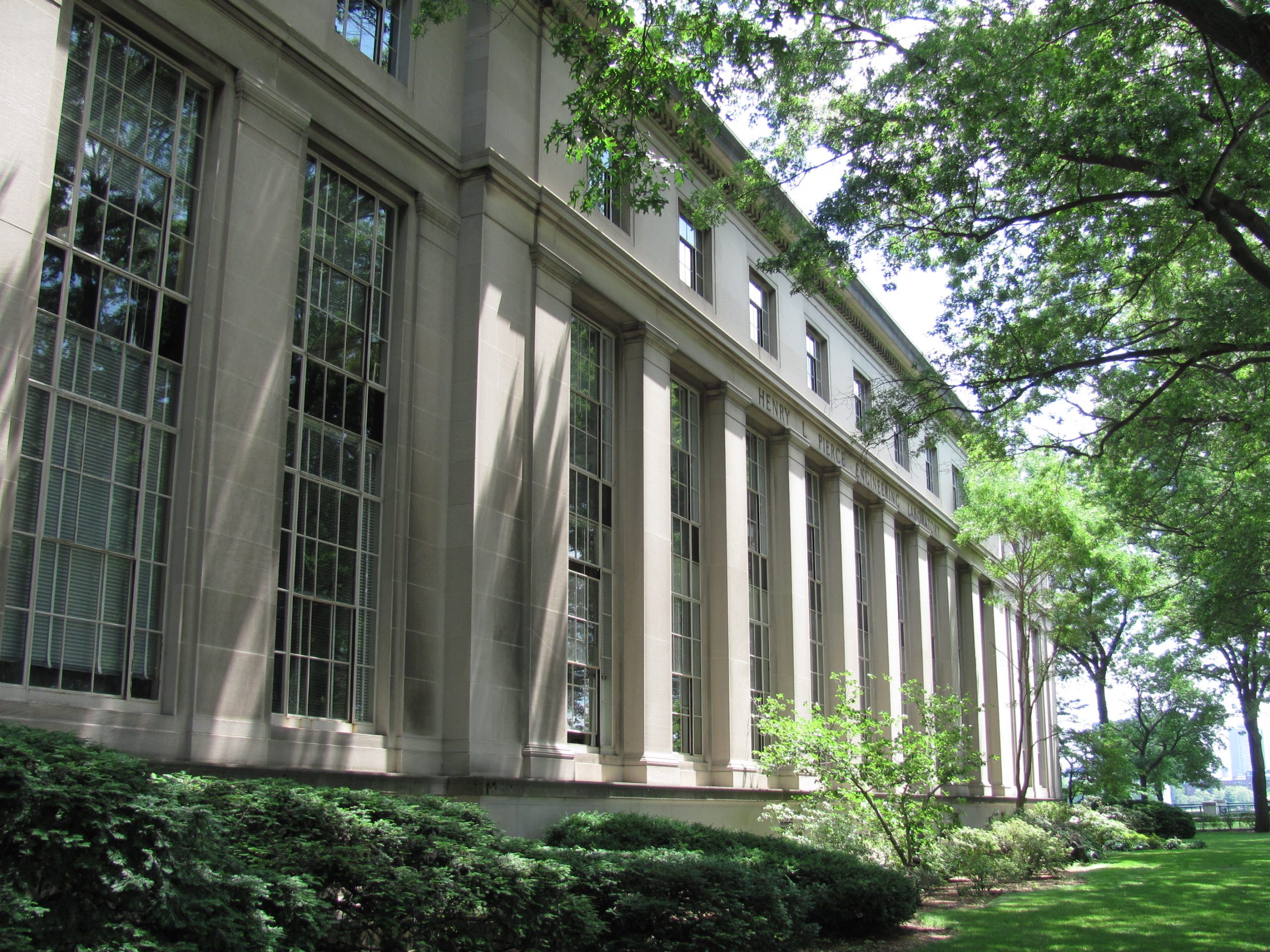A life cycle cost analysis (LCCA) is an analysis methodology that enables engineers, designers, and decision-makers to better understand the economicimpacts of infrastructure decisions over time along with the opportunities that exist to reduce impacts. CSHub buildings LCCA research considers life cycle, context, and future, and also incorporates costs due to anticipated hazards.
News
- Build disaster-proof homes before storms strike, not afterward (The Conversation, August 2016
Topic Summaries
Research Briefs
- Concrete Building Design Optimization for Reduced Life-Cycle Impacts (April 2018)
- A Break-Even Hazard Mitigation Metric (July 2016)
- Value of Building Life-Cycle Cost Analysis (May 2015)
- Adopting a Life-Cycle Perspective (April 2011)
Publications
- Noori, M., Miller, R., Kirchain, R., Gregory, J., “How much should be invested in hazard mitigation? Development of a streamlined hazard mitigation cost assessment framework,” International Journal of Disaster Risk Reduction (2018)
- Noshadravan, A.; Miller, T.R.; and Gregory, J. “A Lifecycle Cost Analysis of Residential Buildings Including Natural Hazard Risk” Journal of Construction and Engineering Management, 2017.

